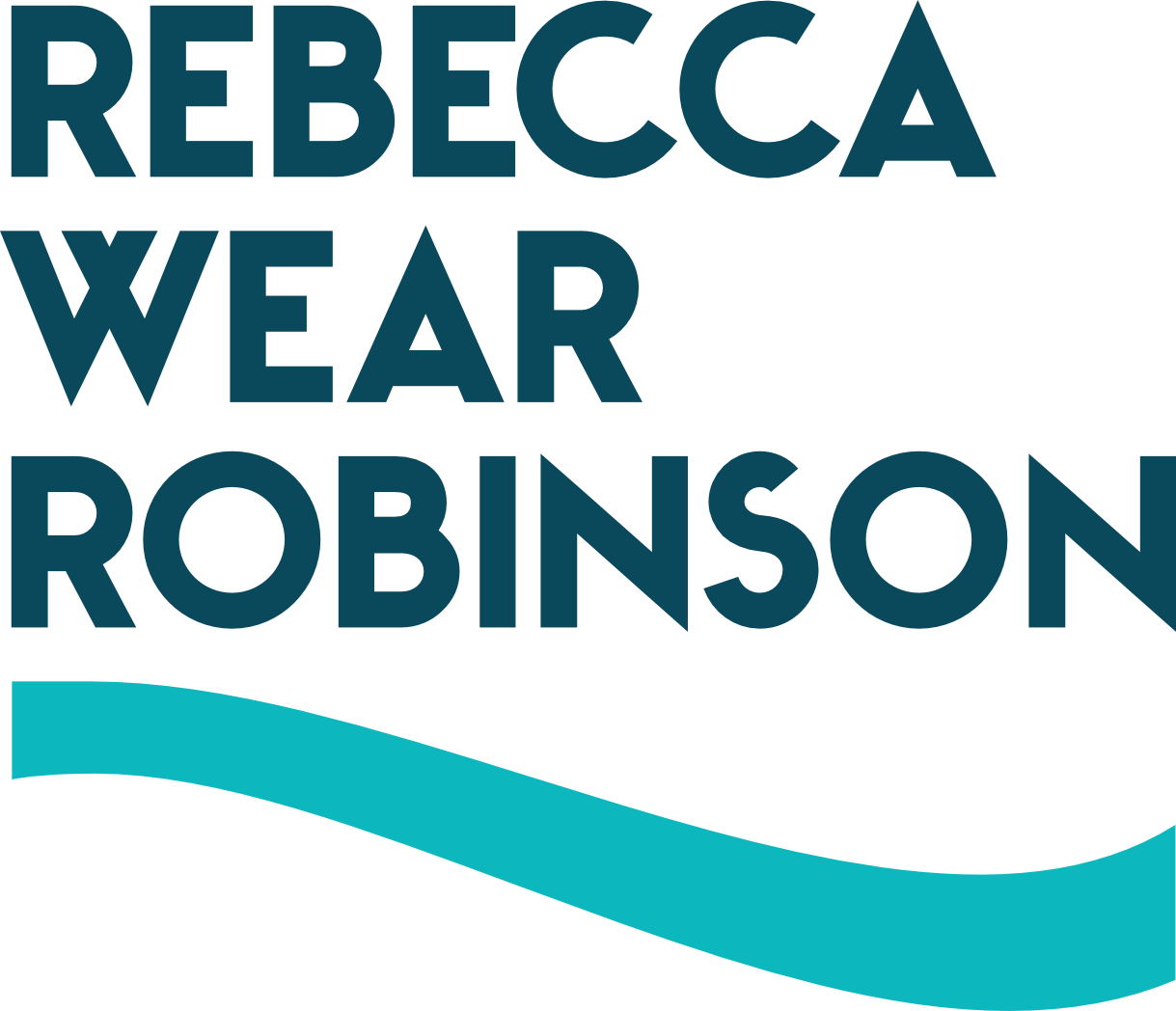Thank You
Thank you. Quite possibly the most important and powerful phrase in the world.
Specific, thoughtful, targeted use of ‘thank you’ is one of the most effective behavioral change tools available, and one of the most under-utilized.
When we think of saying ‘thank you’, we think of good manners. Manners which are instilled in us from the time we can talk. ‘Say please!’ and ‘Say thank you!’ are some of the earliest externally focused communications we teach our children. What we don’t realize is that these deeply engrained good manners exist because they are extremely effective triggers for desired behavior - in our personal interactions and in broader social change.
Grandma is probably not going to keep giving you cookies right before dinner if you don’t say ‘please’ and ‘thank you’. Your children will eventually pick up their dirty clothes without prompting because you asked them, please, and thanked them.
For such a powerful trigger for teaching and reinforcing behavioral change, we’re surprisingly undisciplined with the use of ‘thank you’.
In recent years there has been a trend towards the phrase ‘thank you for all that you do’. This has been magnified during the pandemic, when we are truly struggling to find words meaningful enough to capture the work that essential workers are doing. How do you begin to acknowledge the work of front-line health care workers who have an 11.6 times higher risk of testing positive than the general community? I understand and sympathize with the sentiment behind ‘thank you for all that you do’, but that phrase actually minimizes more than it acknowledges. It’s the equivalent of a lazy social media post expressing outrage instead of calling your member of Congress, protesting, and voting.
Time to start using ‘thank you’ with specific and intentional laser focus.
Specific feedback tells the recipient that you really looked at what they were doing. You took the time to process it in the scope of everything else going on. You thought through the impact of their actions, and identified exactly what they were doing that makes a positive difference. You noticed. You showed empathy. You cared.
When a clearly rushed man helped me haul my double stroller up the steep flight of steps, I reinforced his behavior with an effusive ‘thank you, I never could have done this safely without your help.’ I explained why his help was so important, also making it more likely is more likely to help the next frazzled mother. (this was also the truth - thank you only works with the truth)
Notice the difference:
Thank you for taking out the trash.
vs.
Thank you for taking the time to separate the recycling from the trash, doing the right thing for the environment is important to our family.
Thank you for all you do.
vs.
Thank you for taking the time to explain the medical diagnosis to me and to answer my questions. I know you have a lot of demands on your time, but the fact that you took time to listen to my concerns and explain our options makes it easier for our family to make the necessary decisions going forward.
The first statement is broad, all-encompassing. It’s easy, requires little or no thought. It’s also unlikely to result in permanent change in behavior. You’ll have to remind the person to separate trash and recycling until it becomes a nagging ritual. You’ll feel helpless and frustrated that the medical professionals are not helping you understand medical issues which have a direct impact on you and your loved ones because they never take time to explain.
The second, specific, approach acknowledges exactly what made a difference to you. It shows you really noticed what the other person did, you acknowledged the extra time or pressure or inconvenience, you recognized the extra mile the person traversed to help you.
Which thank you would you rather receive?
How and where will you unleash the power of a thoughtful, specific, and targeted ‘thank you’?

